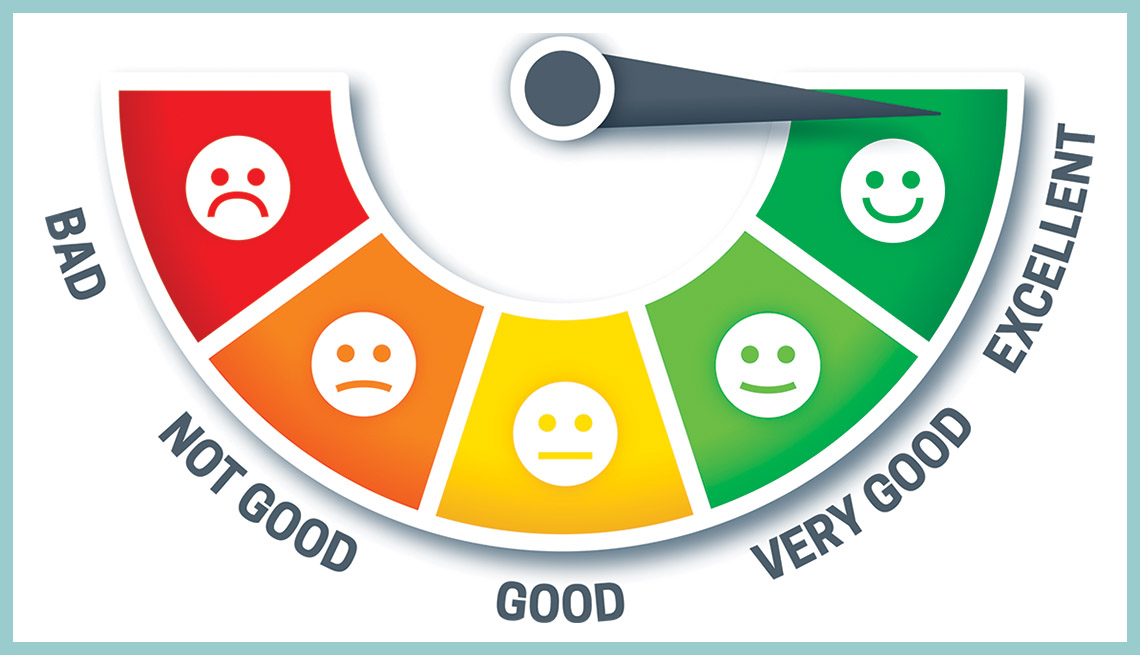Your credit score is an important part of your life, financially speaking. It can bleed over into every part of your life, from simple financing and renting to buying a house or a car with a low interest rate. There are also daily expenses such as obtaining car insurance or a new cell phone where your credit score might come into play.
Credit is something that can take a long time to build up but a very short period of time to damage. When you have a bad credit score, you’ll have a harder time making your way through life and getting all of its necessities and conveniences.
How Is a Credit Score Measured?
Credit scores are measured by various institutions, such as FICO. Credit is broken down into five different sections. The number of your score determines how “good” or “bad” your credit score is:
- Exceptional credit has a score between 800 and 850
- Very good credit has a score between 740 and 799
- Good credit has a score between 670 and 739
- Fair credit has a score between 580 and 669
- Poor credit has a score between 300 and 579
If you have a low credit score, you may notice the consequences of that as you try to move through the world. Many people look to repair their credit for this reason and hope to undo the effects of poor financial decisions in the past. Many find themselves asking themselves how to repair credit, and it can seem tricky to do. Fortunately, though it is time consuming, it is definitely possible to repair your credit. With plenty of time and good behavior, you can gradually bump up your credit score to one you’re proud of.
Credit Score FAQ:
Q. How to repair your credit?
Ans.: There are a number of different ways for you to repair your credit. Most commonly, it requires you to simply do what has been recommended all along: stop missing payments and be sure you make them on time. It is also a good idea to start catching up on any past-due accounts you might have and begin to pay back your debt if you have any. If you have account balances that are “eating you up” in interest, begin by also paying those off.
Q. How long does a repo stay on your credit?
Ans.:Repossession of an item such as a car can take up to seven years to come off of your credit report. The countdown of this time starts from the date that you missed your very first payment on what eventually resulted in the repossession. This will initially lower your credit score, but after time passes, you will notice that your credit score will rise a bit and be improved upon. This is especially true if you are making other efforts to raise your credit score.
Q. Do credit repair companies work?
Ans.:Paying a credit repair company to take care of your bad credit can help you fix your credit sooner than it might take if you were doing it all on your own. Credit repair companies help raise your credit score by handling various tasks meant to help build your credit or fix it. Using a credit repair company while also taking your own steps to build your credit back up is recommended if you use these services at all.
Q. How long does it take to repair your credit?
Ans.:There is no set time for rebuilding your credit. It all depends on what is impacting your credit to start with and what you are doing to fix it. The impact of these negative marks will lessen with time. Most of the time, bad credit will even fall off of your reports after seven years. If you don’t want to wait for seven years, you can take steps today to begin repairing your score sooner rather than later.
Q. How much does credit repair cost?
Ans.:Credit repair services, much like any other service, charge different amounts. It could be a fixed rate or a rate that is charge based on your credit. The process usually costs between $79 and $129 per month, and it can take many months or even a year to improve your credit, so you should be prepared to spend this amount of money. You may also have to pay a fee to get it all set up.
Q. How to repair credit fast?
Ans.:You can start out slowly by paying your bills on time and getting “caught up” with any missing payments you may owe. You can also take steps to reduce the amount of debt that you currently owe. In the short term, you can also request credit limit increases. By increasing your credit limit, you can lower your credit utilization, which can help improve your score. Check to make sure your bank hasn’t made any reporting errors on your credit as well.
Q. How to repair your own credit?
Ans.:The most efficient way to repair your credit is to simply begin to undo the damage you have done. This can be a slow process but one that is worth it. Begin by paying your bills on time going forward and by going back and getting current on all of your accounts. You can also examine any debt you might have and set up payment plans if need be to start paying them down to nothing. In the meantime, you can also check for credit reporting errors your bank may have made.
Your credit score can follow you around like a shadow wherever you go if it isn’t in good shape. Fortunately, there are things you can do to repair your credit. In this article, we’ve examined what exactly a credit score is and how it is measured. We’ve also looked at different ways that you can repair your credit over time. The next time you have questions about your credit or before you start working to repair it, you can revisit this article.




